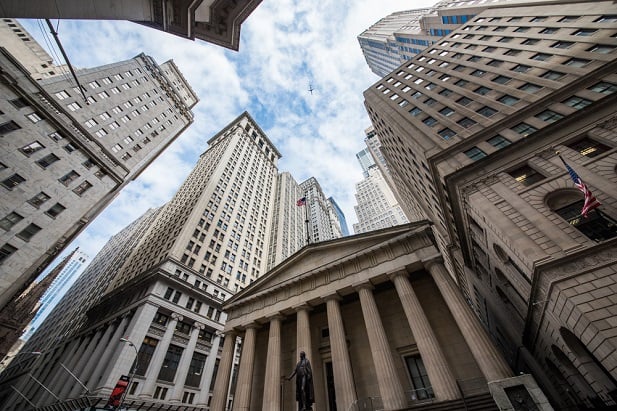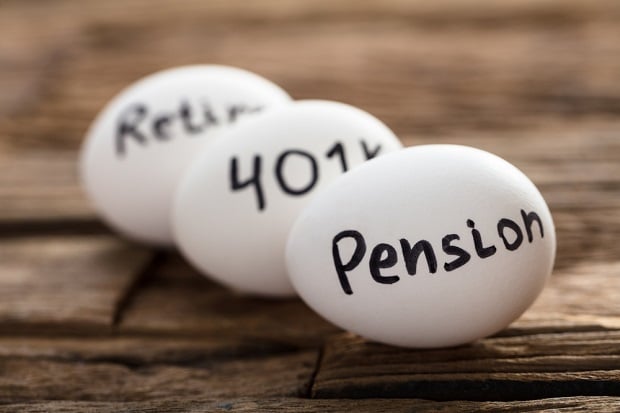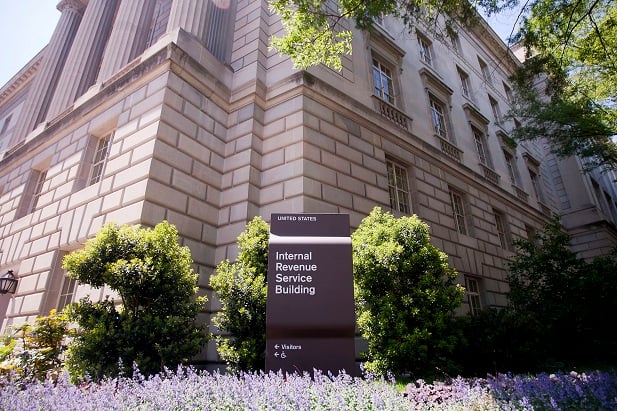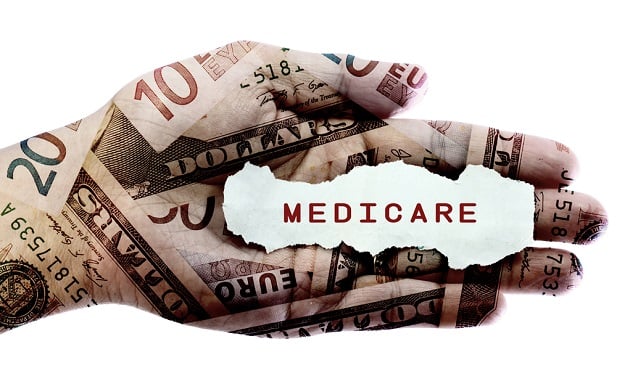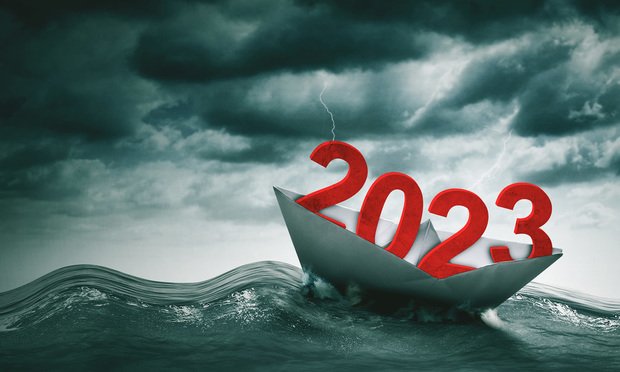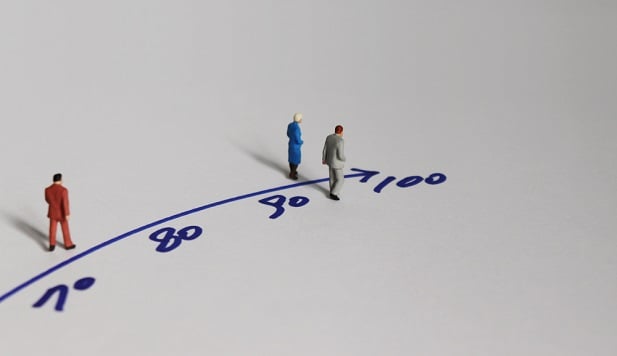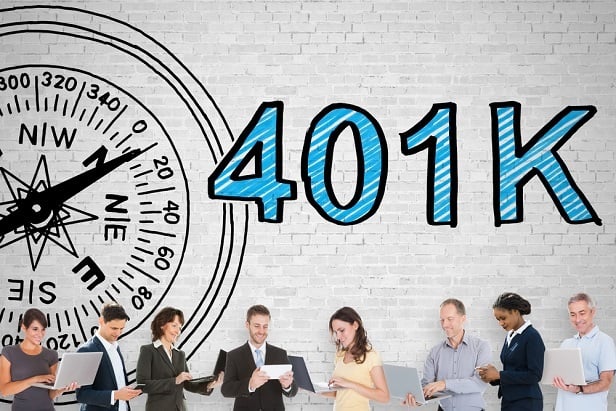Kristen Beckman
About The Author
CONNECT WITH THIS AUTHOR
November 15, 2023
November 09, 2023
November 07, 2023
November 03, 2023
November 02, 2023
October 24, 2023
October 23, 2023
October 02, 2023
September 29, 2023
September 28, 2023
Trending Stories
- 1Trump takes on Big Pharma with new executive order calling for U.S. to match lower prices abroad
- 2UnitedHealth CEO steps down for ‘personal reasons,’ 6 months after Brian Thompson killing
- 3Rising stress demands employer action on mental health
- 4New Georgia law belittles teledentistry providers, telehealth group exec says
- 5Enterprise ICHRA: A Playbook for Benefits Advisors



